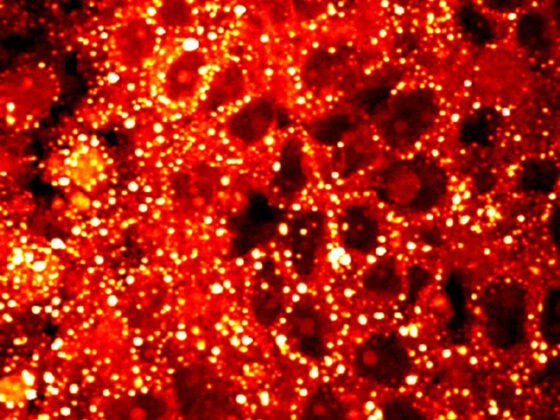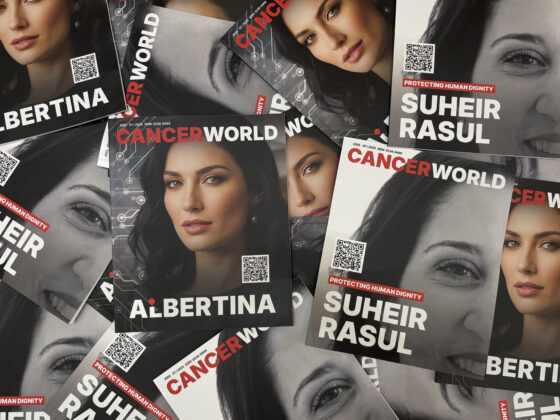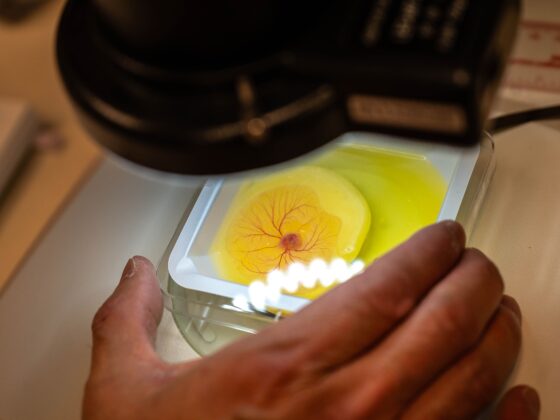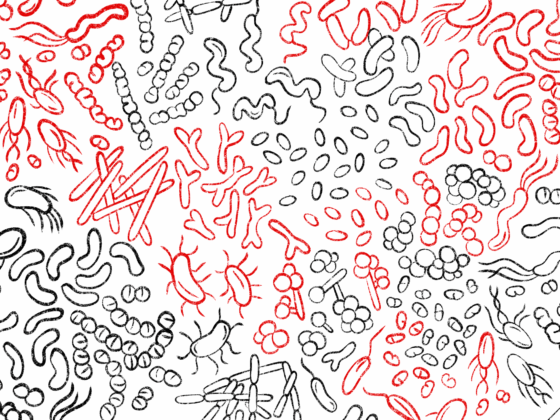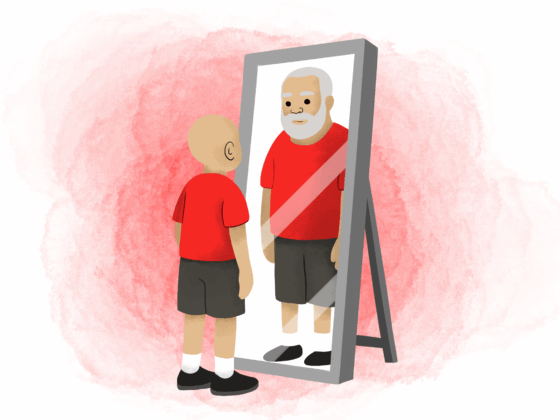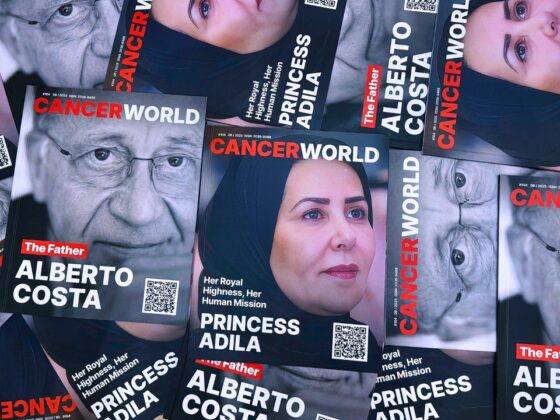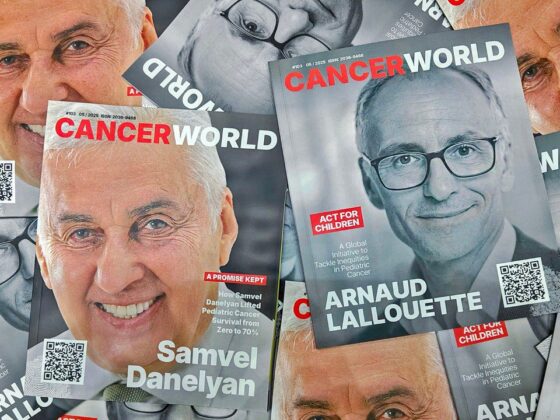When researchers have the opportunity to present their trials at medical meetings, they tend to use not-negative conclusions to discuss formally negative results. A research published in JAMA Oncology by a group of Italian oncologists from the University of Turin and the National Cancer Institute – “Fondazione G. Pascale”, Naples, shows that one third of oral presentations about phase 3 trials that failed to demonstrate the efficacy of an experimental treatment had not-negative conclusions. Of note, those abstracts were presented at two of the most important international oncology meetings, the ASCO and the ESMO annual meetings.
“We believe that more attention should be paid to the statements included in the conclusions of oral presentations at meetings, and the discussants’ role is crucial. When the primary end point is not met, the word negative should be explicitly used”, Massimo Di Maio and Francesco Perrone, supervisors of the study, wrote. Meetings are a privileged occasion to reach not only the scientific community, but also the general public, through the lay press and the media, and the risk of sending out messages that are not completely justified by data is real.
Authors selected 208 oral communications about phase 3 clinical studies presented at the ASCO and the ESMO annual meetings in the past three years. They identified 91 negative trials, i.e. studies where the primary endpoint of efficacy was not met. Conclusions were considered to be not-negative when, more or less explicitly, authors consider the possibility of using the experimental treatment in that setting, without making clear statements about the study negativity.
Of the 91 negative studies, 26 (29%) had a not-negative conclusion. The proportion of negative studies with not-negative conclusions was 22% in 2017, 13% in 2018, and 47% in 2019. Interestingly, the proportion was similar in nonprofit and for-profit studies (30% and 26%, respectively). In 7 cases (27%), authors interpreted post hoc the study as a noninferiority design.
“When a trial is designed to test the superiority of an experimental treatment, post hoc interpretation of noninferiority is methodologically debatable” the authors remarked. “The noninferiority hypothesis should be prospectively planned, with a clear definition of the margin acceptable to define noninferiority.”




